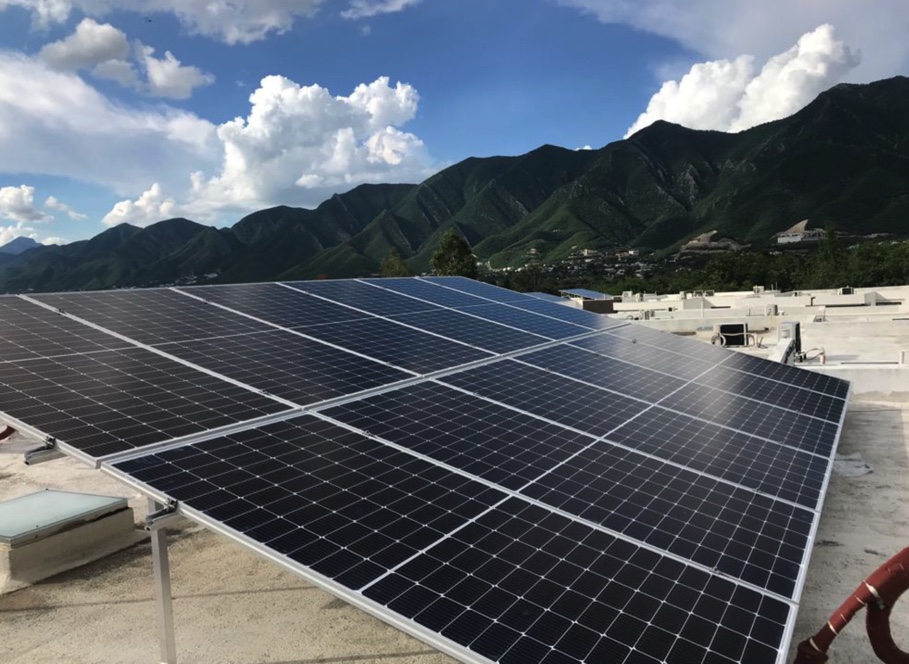The Kyoto Protocol was the first global greenhouse-gas limiting treaty enacted by the world’s nations—most of them, at least. It was the first step in a journey of a many, many miles. And although it is often criticized, the momentum it added to combating climate change was truly important.
Worldwide efforts to address climate change really began with the 1994 UN Framework Convention on Climate Change, the fundamental strategy to steer emission controlling efforts. But it needed more, specifically a protocol for how the strategy would do its work. That became the Kyoto Protocol, which was adopted in 1997.
However, before the Kyoto Protocol entered into force it needed to be ratified by enough countries that 55% of global greenhouse-gas emissions would be covered. Although 191 countries and one regional group had signed the agreement, the U.S. backed out in 2001, a big blow because the U.S. was then the largest emitter of greenhouse gases. Eventually, when Russia ratified, the 55% threshold was passed, and the Kyoto Protocol began, on February 16, 2005.

The Kyoto Protocol was a binding treaty that required developed countries to reduce their emissions by 5% over 1990 levels by 2012. It left out developing countries, including China and India, asking only that those countries try to reduce their emissions. The agreement allowed individual countries to devise their own means for achieving reductions, but it also added several incentives to get credit toward their goal by helping developing countries reduce emissions.
The protocol has been praised by some and disdained by others. Because it divided the world into two groups, only one of which—developed countries—was required to reduce emissions, the protocol lacked a universal approach. Because the U.S., and later Canada and Russia, backed out, control of much of the developed world also fell outside the agreement.
Nonetheless, most of Western Europe performed exceptionally under the Kyoto protocol. Overall emissions there declined by more than 20%, four times the required reduction. Of course, the countries of Western Europe were and are the most conscientious about controlling climate change, making huge investments in energy conservation, green energy, forest regeneration and fuel switching.

Supporters of the Kyoto Protocol reiterate the idea that every journey starts with the first step and that the protocol was a crucial first step. It provided motivation for all the actions that individual countries have performed, including the UK Climate Change Act of 2008, and it set a global expectation that responsible governments and industries would work towards emission control. It also originated many specific ideas for how emissions would be monitored and accounted, including emission trading among nations and regions.
The “son of the Kyoto Protocol” is the Paris Agreement, created in 2015 and entered into force on November 4, 2016. The Paris Agreement corrects several deficiencies in the Kyoto Protocol, primarily because each of the world’s countries, developed and developing, is now obligated to work toward controlling its greenhouse-gas emissions. And, of course, the world continues to generate new agreements to advance our common ned to battle climate change.
References:
Climate Home News. 2015. Kyoto Protocol: 10 years of the world’s first climate change treaty. Available at: http://www.climatechangenews.com/2015/02/16/kyoto-protocol-10-years-of-the-worlds-first-climate-change-treaty/. Accessed February 11, 2018.
CNN. 2017. Kyoto Protocol Fast Facts. CNN Library, March 24, 2017. Available at: https://www.cnn.com/2013/07/26/world/kyoto-protocol-fast-facts/index.html. Accessed February 11, 2018.
United Nations Climate Change. A Summary of the Kyoto Protocol. Available at: http://unfccc.int/kyoto_protocol/background/items/2879.php. Accessed February 11, 2018.
United Nations Climate Change. The Paris Agreement. Available at: http://unfccc.int/paris_agreement/items/9485.php. Accessed February 11, 2018.

